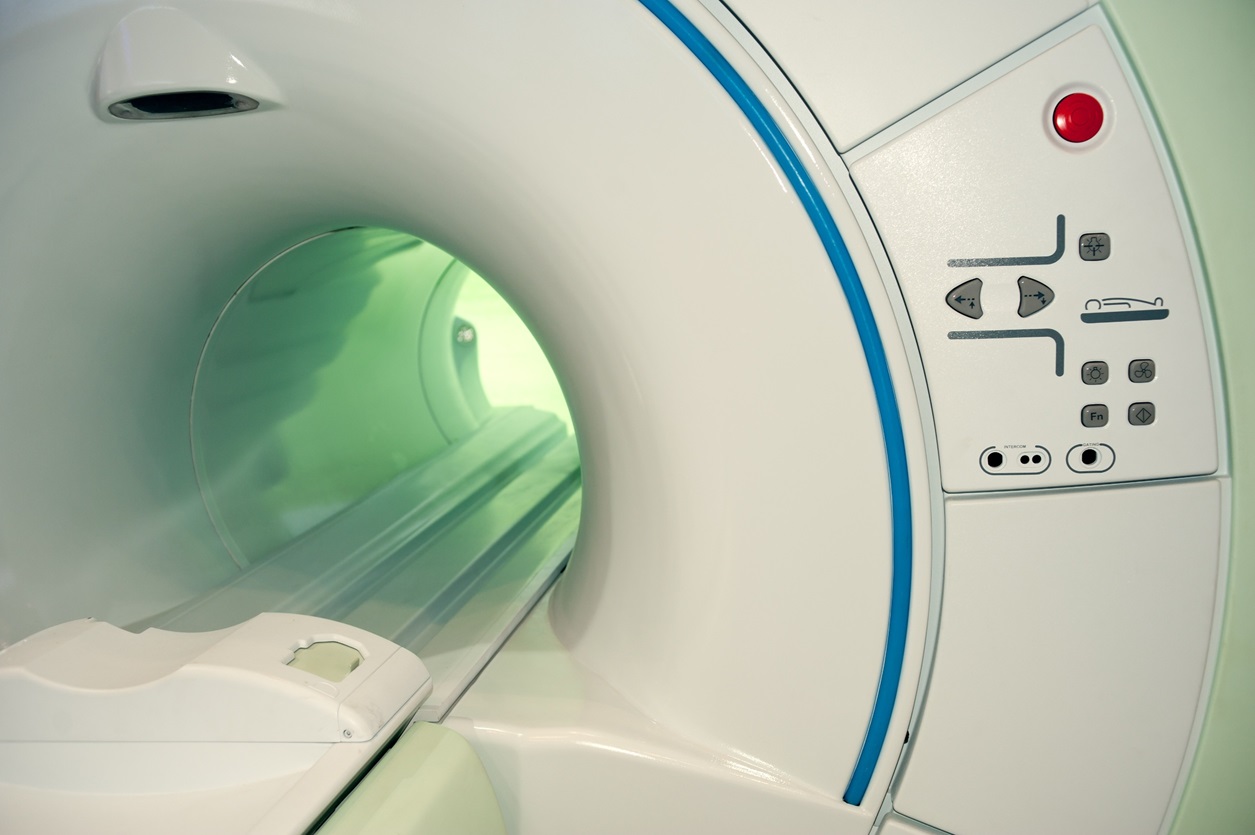Algorithm Predicts Prostate Cancer Recurrence in Patients Treated by Radiation Therapy
Posted on 02 Jan 2024
Radiation therapy is a prevalent treatment option for prostate cancer patients across various risk levels. Despite its effectiveness, 20% to 30% of patients will experience cancer recurrence within five years after treatment. Detecting this recurrence typically involves monitoring prostate-specific antigen (PSA) levels in the serum. However, this method can be slow, often delaying additional necessary treatments for those with returning tumors. Addressing this challenge, an international team of researchers has introduced a new patent-pending methodology and algorithm designed to predict the likelihood of prostate cancer recurrence post-radiation therapy.
Developed by specialists at Purdue University (West Lafayette, IN, USA), this innovative algorithm leverages data collected through routine patient monitoring. It is based on a patient-specific mechanistic model, which is continuously informed by periodic PSA measurements, a standard part of post-radiation monitoring for prostate cancer patients. The effectiveness of this approach was tested on historical data from 166 patients. For each patient, the algorithm's prediction of recurrence was compared with the actual occurrence as identified by traditional clinical practices. The findings were promising, indicating that the model-based predictors could flag potential relapses, on average, 14.8 months earlier than conventional methods. The researchers are now focusing on refining the model to benefit a broader range of patients.

“The PSA data is used in conjunction with the model to obtain patient-specific parameters that determine the PSA dynamics and serve as classifiers for recurrence,” said Hector Gomez, a professor at Purdue University. “In addition to recurrence identification, our model can be used for designing personalized PSA monitoring strategies. It can tell physicians the right time to investigate tumor recurrences and maximize the window of curability.”
“Our current model can be used only for patients who do not receive any treatment additional to radiation,” Gomez added. “Some patients receive radiation and hormone therapy simultaneously and cannot benefit from our method right now. We plan to extend the method to make it applicable also to patients who receive radiation and hormone therapy simultaneously.”
Related Links:
Purdue University














